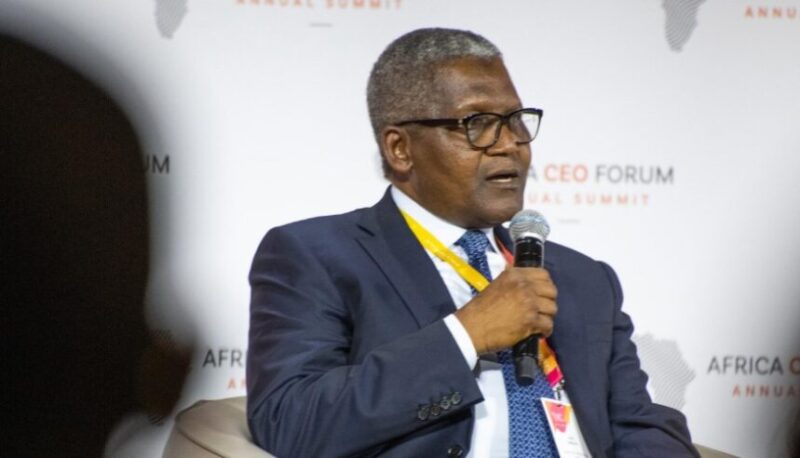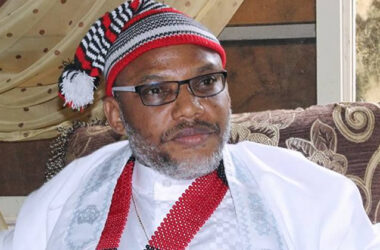The Chairman of the Dangote Group, Aliko Dangote, has expressed serious doubts about the possibility of Nigeria’s government-owned refineries—Port Harcourt, Warri, and Kaduna—ever becoming functional again.
Speaking during a visit by members of Global CEO Africa from the Lagos Business School to the Dangote Refinery in Lekki, Lagos, Dangote said the refineries managed by the Nigerian National Petroleum Company Limited (NNPC) have consumed around $18 billion with no results to show.
The billionaire businessman also reflected on the failed attempt by his company to acquire the refineries in 2007. According to him, after former President Olusegun Obasanjo handed over power, the new administration led by President Umaru Musa Yar’Adua reversed the sale, believing NNPC could handle the facilities better.
He stated, “The refineries that we bought before, which were owned by Nigeria, were doing about 22 per cent of PMS. We bought the refineries in January 2007. Then we had to return them to the government because there was a change of government.”
Dangote said he was told that the decision was influenced by the then Managing Director of NNPC, who convinced Yar’Adua that the refineries were wrongly sold.
He added, “They said they just gave them to us as a parting gift or so. And as of today, they have spent about $18bn on those refineries, and they are still not working. And I don’t think, and I doubt very much if they will work.”
He noted that trying to upgrade the refineries through turnaround maintenance was like modernising an outdated car model.
“(The turnaround maintenance) is like you trying to modernise a car that was built 40 years ago, when technology and everything have changed. Even if you change the engine, the body will not be able to take the shock of that new technology engine,” he said.
His position adds weight to earlier remarks made by former President Obasanjo in 2024, who also questioned the viability of the refineries and blamed persistent corruption and poor management by the NNPC for their failure. Obasanjo recalled that Shell and other oil firms had declined to run the plants, noting they were not commercially viable.
“I ran to him (Yar’Adua), I said, ‘You know this is not right’. He said, ‘Well, NNPC said they can do it.’ I said, ‘NNPC cannot do it,’ I told my successor that ‘the refineries, from what I heard and know, will not work and when you want to sell them, you will not get anybody to buy them at $200m as scrap’. And that is the situation we are in,” Obasanjo said.
He further added, “If a company like Shell tells me what they told me, I will believe them. If anybody tells you now that it (the refinery) is working, why are they now with Aliko (Dangote)? And Aliko will make his refinery work; not only make it work, he will make it deliver.”
Obasanjo ended with a Yoruba proverb: “They say that after he has harvested 100 heaps of yams, he will also have 100 heaps of lies. You know what that means.”
The recent shutdown of the Port Harcourt refinery, just six months after it was reopened, and the closure of the Warri refinery shortly after also raise further questions.
The Manufacturers Association of Nigeria and some private crude refiners have called on the Federal Government to sell off the non-performing refineries and invest in modular alternatives.
Over the years, large sums have been spent to revive the refineries, including $1.4 billion for Port Harcourt in 2021, $897 million for Warri, and $586 million for Kaduna. Still, they remain non-functional. Records also show that between 2013 and 2017, $396.33 million was spent on Turnaround Maintenance, and over N100 billion went into refinery rehabilitation in 2021 alone.










